
Shabaab announces the death of senior official Mohamed Mire
Shabaab announced the death of Mohamed Mire, a senior official who acted as the group’s so-called “interior emir” and a member of its central shura council.

Shabaab announced the death of Mohamed Mire, a senior official who acted as the group’s so-called “interior emir” and a member of its central shura council.
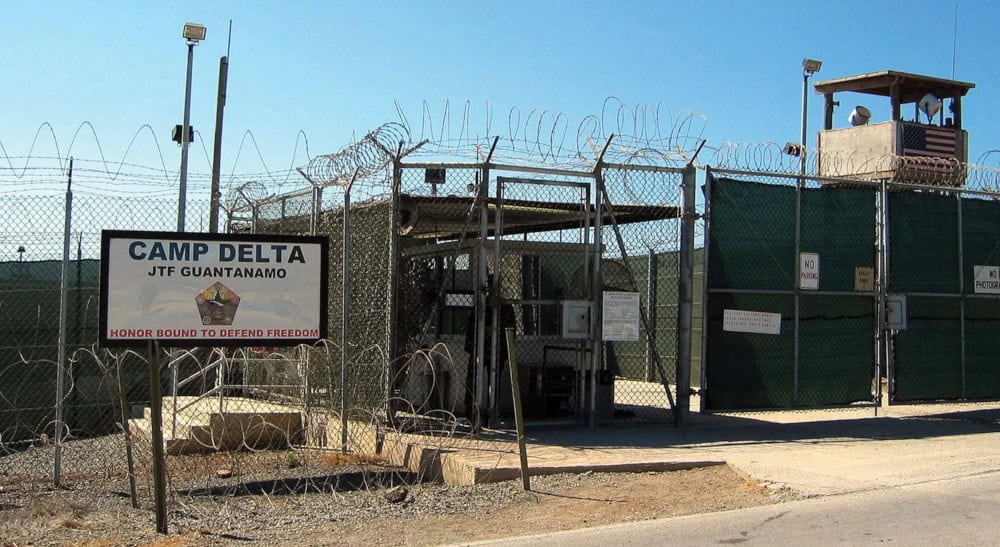
The US Department of Defense (DoD) announced yesterday that longtime Guantanamo Bay detainee Mohammed Abdul Malik Bajabu was transferred to his native Kenya. Bajabu’s history presents an interesting historical look into Al Qaeda’s early activities in East Africa, acting as a reminder that the African Jihad, currently the global hotspot of jihadist activity, has been decades in the making.
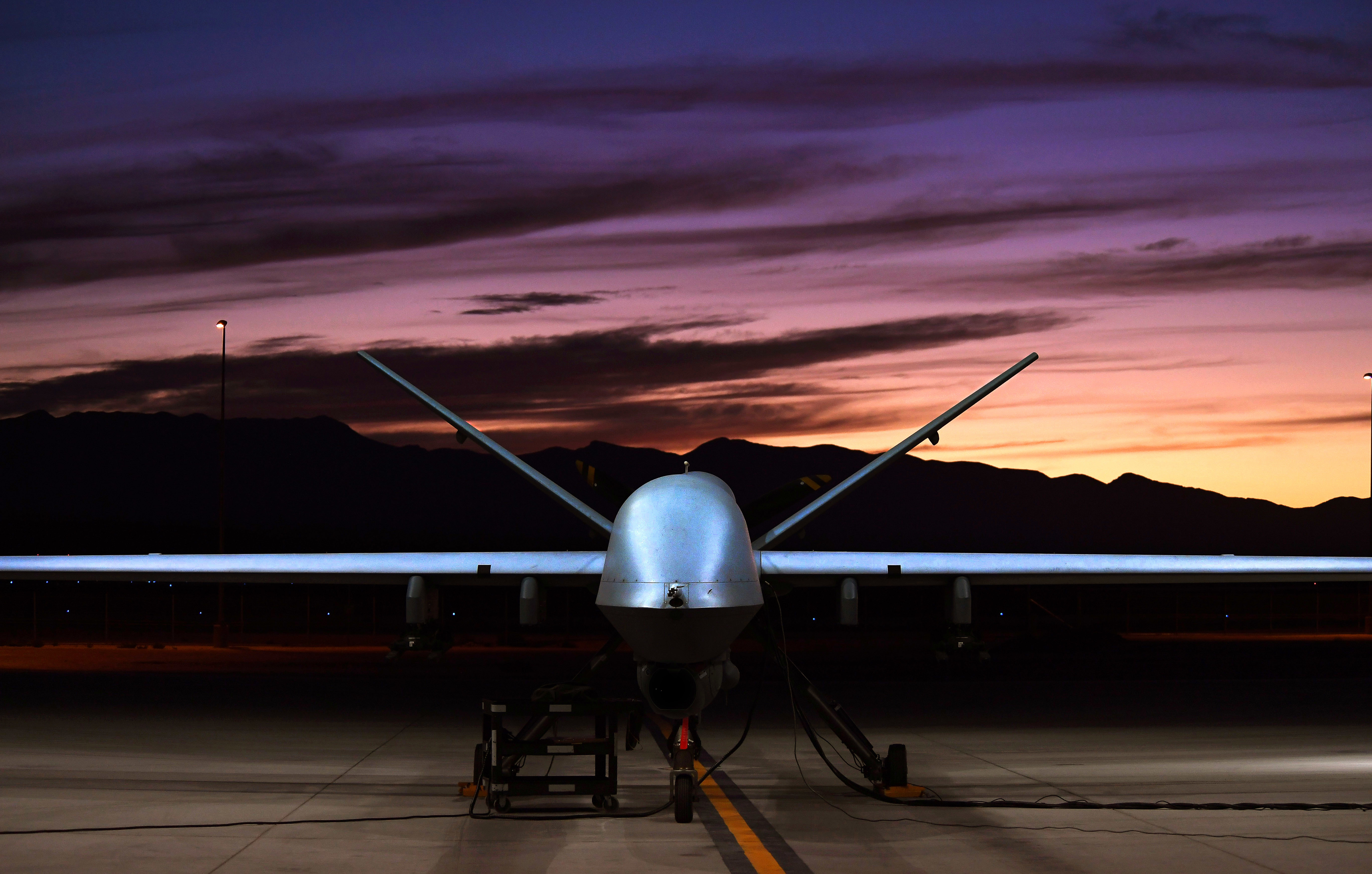
Three Shabaab members were killed in what U.S. Africa Command described as a “collective self-defense airstrike” in the Lower Juba region. Shabaab, Al Qaeda’s branch in East Africa, remains a dangerous threat.

The man reportedly traveled from Egypt to Kenya, where he planned to use Shabaab facilitators to cross into Somalia. The American citizen was motivated by his support of Hamas and desire to target the U.S. for its support of Israel.

Mahad Karate, a senior official and a deputy emir of Shabaab, al-Qaeda’s branch for East Africa, again named several al-Qaeda leaders present in Mogadishu during the infamous ‘Black Hawk Down’ incident in 1993.

Abukar Ali Adan, the deputy leader of Shabaab, Al Qaeda’s branch in East Africa, is a dangeorus commander who has led the group’s military wing and has ties to other Al Qaeda branches in African and on the Arabian Peninsula.

Shabaab congratulates Palestinian militant factions for their “victories” over Jews. This is not the first time Shabaab has interjected itself into the Israeli-Palestinian conflict.

At least 14 successful or attempted suicide bombings were reported in Somalia in September. This is the single highest monthly total since Shabaab began its suicide bombing operations in 2006.
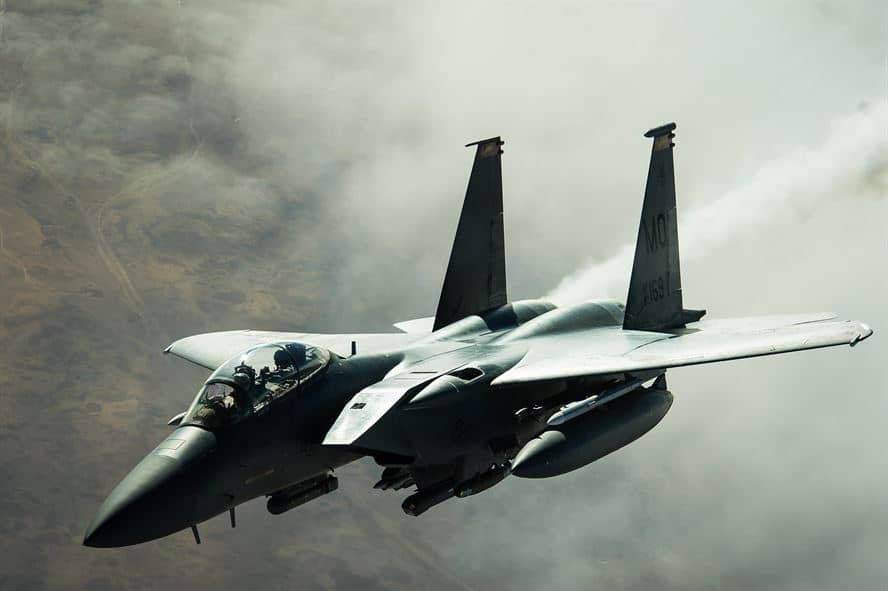
AFRICOM has launched four airstrikes against Al Qaeda’s branch in Somalia this month as it continues to provide air support for the Somali National Army.

In the face of delayed or stalled offensive action taken against it, Shabaab seeks to rally its forces.

Though Somalia says the raid was repelled, the major attack nevertheless came just days after a similar raid was conducted on a Ugandan military base in southern Somalia.

The massive raid comes as Shabaab is facing its biggest challenge to its rule and territory in over a decade.
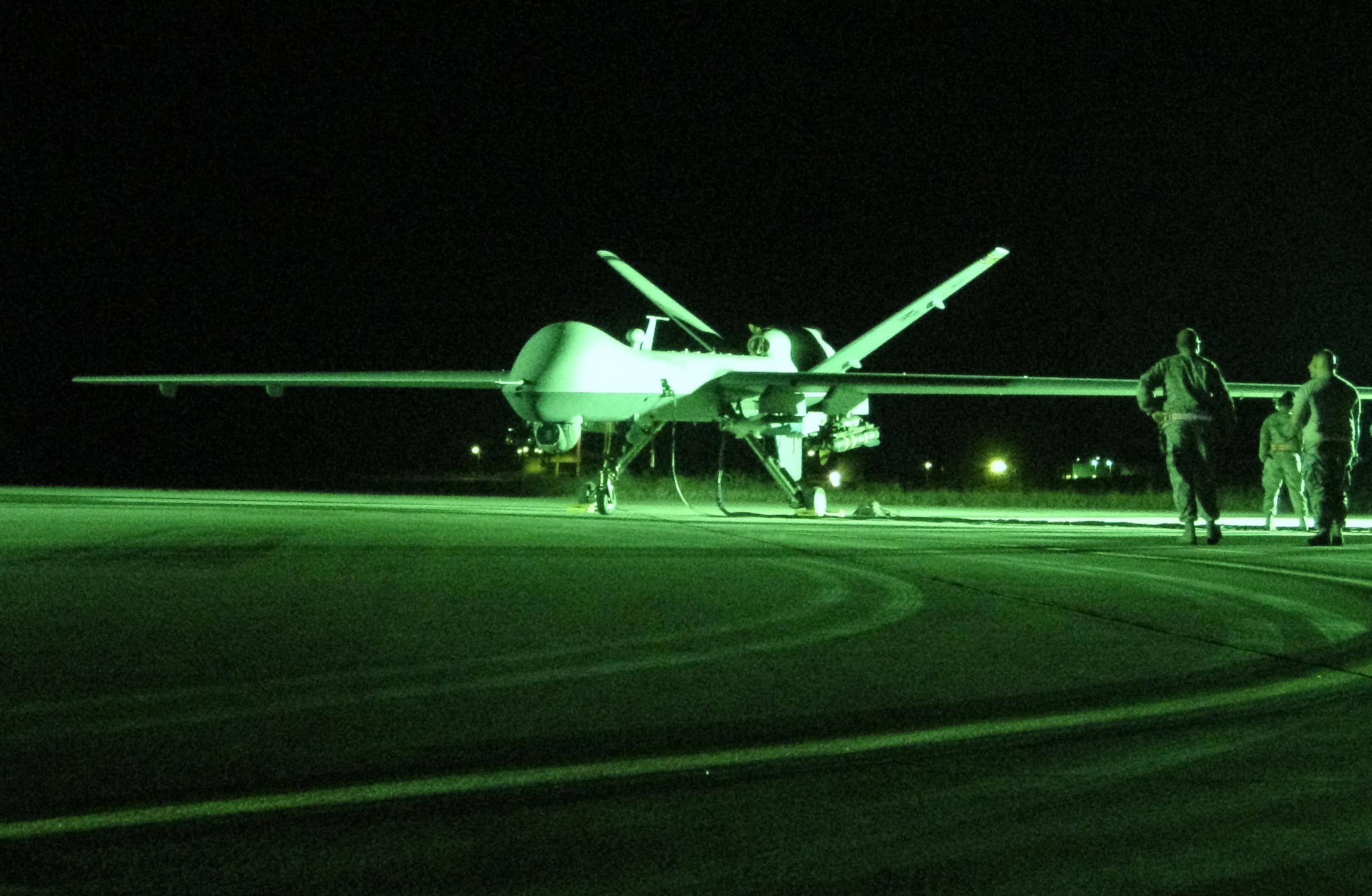
The U.S. military targeted Shabaab, al Qaeda’s branch in East Africa, in a pair of strikes in central Somalia over the past several days. The first attack took place on Jan. 20 near the town of Galcad in Somalia’s central region of Galguduud. U.S. Africa Command (AFRICOM) said it killed at least 30 Shabaab members […]

Mohamoud Abdi Aden is the second Kenyan-Somali the U.S. State Department has placed a $10 million bounty on in the last week. Shabaab now has five leaders with $10 million bounties, the most for any Sunni jihadist group.

The U.S. has now placed a $10 million bounty on Maalim Ayman, the leader of Shabaab’s military wing in Kenya. Maalim Ayman now joins the ranks of other high-profile Sunni jihadis around the world demanding a similar price tag.

Another hotel siege perpetrated by Shabaab in Mogadishu was ended by Somali security forces almost twenty four hours after it began. The al Qaeda branch continues to lash out against civilians in response to military operations against it.

Exact numbers are still unknown, but Shabaab is feared to have killed at least a dozen people in retaliatory suicide bombings as it faces severe military challenges across central Somalia.
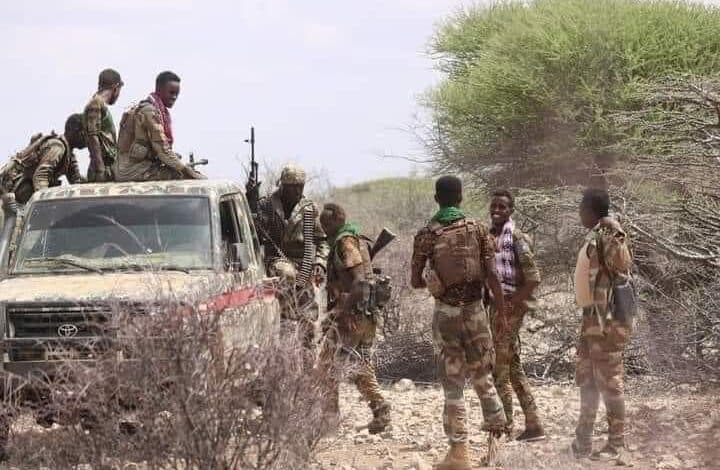
Shabaab faces one of the largest counter-offensives against it in recent years. However, to be successful, Somalia must also work to effectively hold liberated areas and not just conduct clearing operations.

The recent drone strike comes as the Somali National Army (SNA) mounts a large offensive against Shabaab in Somalia’s central Hiraan Region.
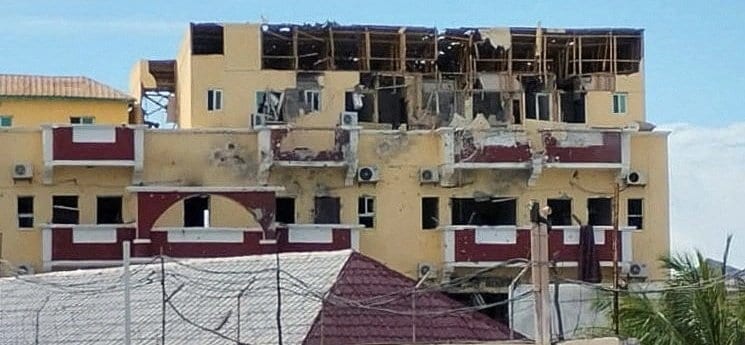
Shabaab’s recent hotel siege in Mogadishu, beginning on Friday and ending early Sunday, signals the severe challenges that remain in combating the al Qaeda branch.

Since resuming military activity inside Somalia earlier this year, the Biden Administration has ramped up the pace of airstrikes in the Horn of Africa country in recent weeks. Since June 3, the US has conducted at least six airstrikes against Shabaab, al Qaeda’s branch in East Africa.
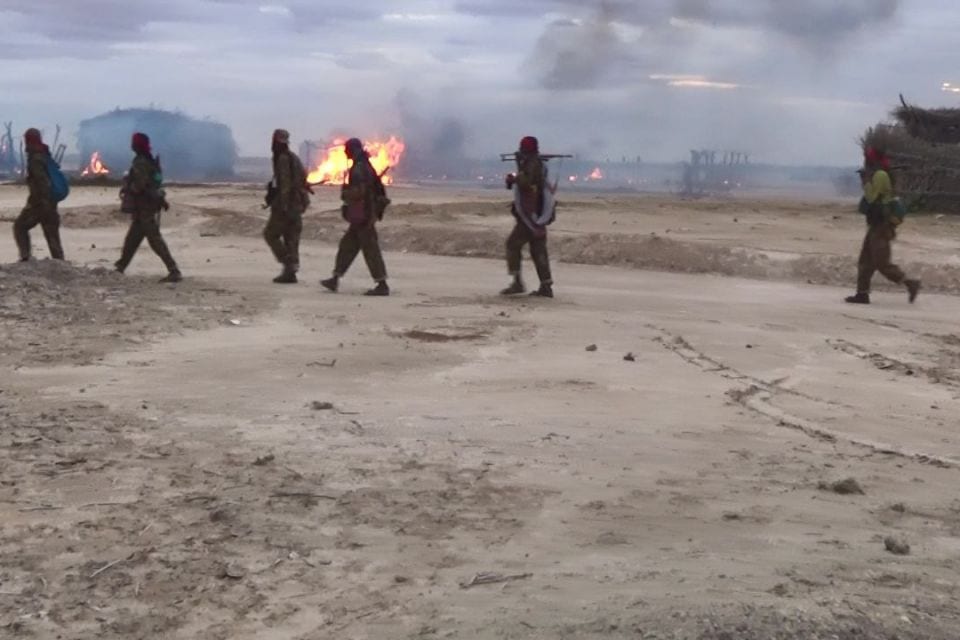
New reporting has shed new light on Shabaab’s recent incursions into Ethiopia. However, many perplexing elements remain uncovered.

Shabaab claims it killed 173 Burundian troops in a large-scale assault on a military base in southern Somalia. Neither the African Union nor Burundi has commented on Shabaab’s casualty numbers.

Shabaab again highlights operations from its urban assassination unit in Mogadishu. In doing so, it places these killings in the context of the wider global jihad.

Shabaab attempted to kill Somalia’s police chief in yet another suicide bombing in the Somali capital.

The dual suicide bombings targeting an election site in central Somalia comes just one day after a brazen attack on a large military base in Mogadishu.

Shabaab launched near simultaneous assaults across 5 areas of Mogadishu and its suburbs, showing the group’s continued strength as Somalia preps for its upcoming presidential election.
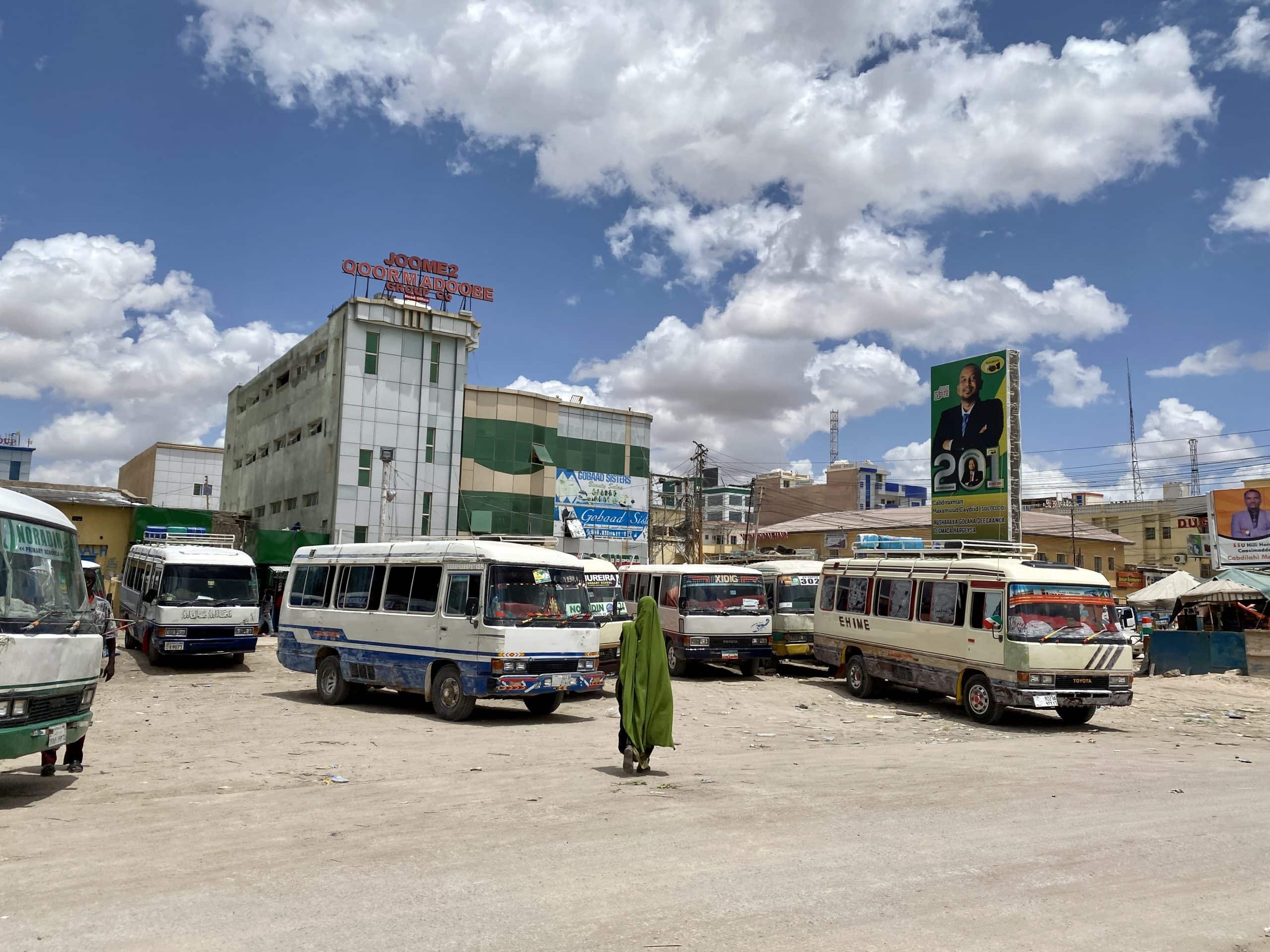
Terrorists haven’t launched major attacks in Somaliland in more than a decade. However, this does not mean it doesn’t face any real threats from Shabaab or the Islamic State.

Hosts Tom Joscelyn and Bill Roggio discuss a new message from Shabaab’s emir. They also discuss their reluctance to report on a video, titled “America Burns,” produced by Al Qaeda’s main propaganda arm. Powered by RedCircle Take a look around the globe today and you’ll see jihadists fighting everywhere from West Africa to Southeast Asia. […]

The bombing appears to have been part of a larger effort against Somalia’s main intelligence apparatus.